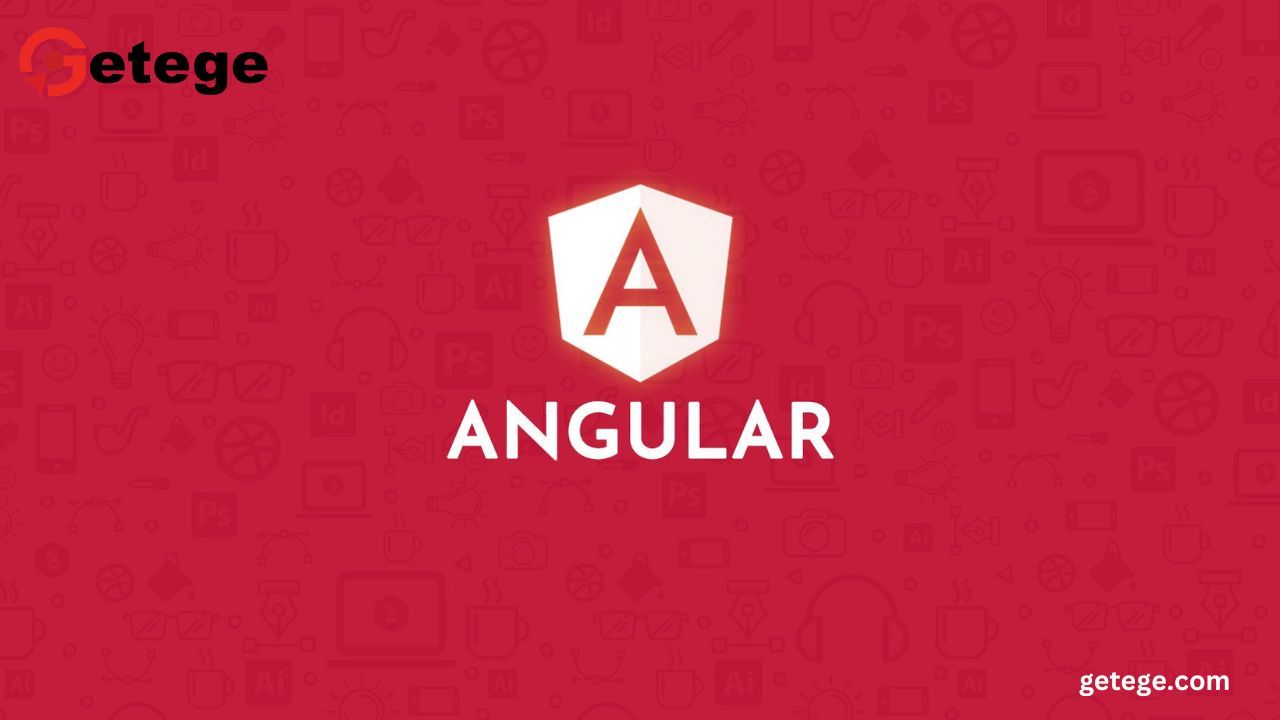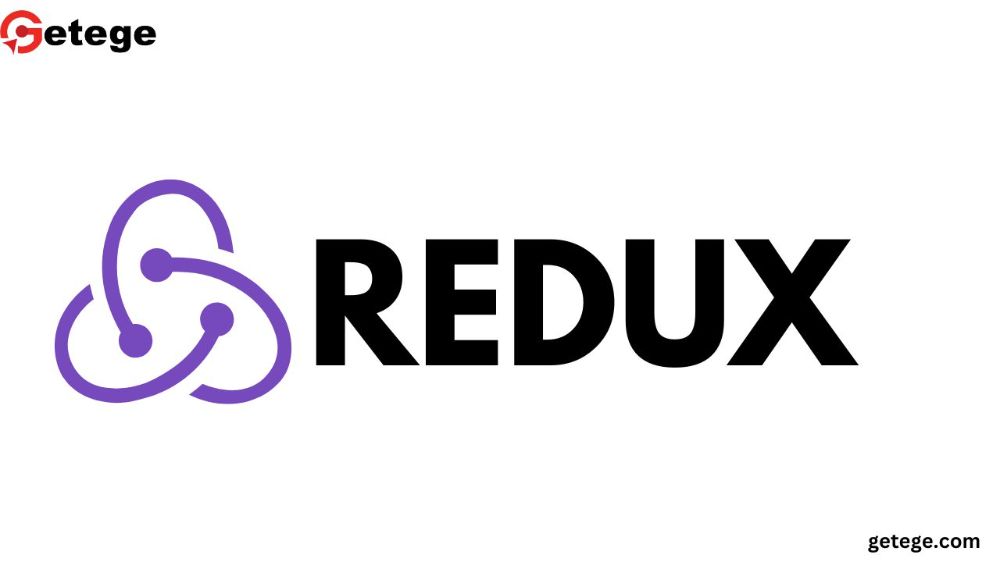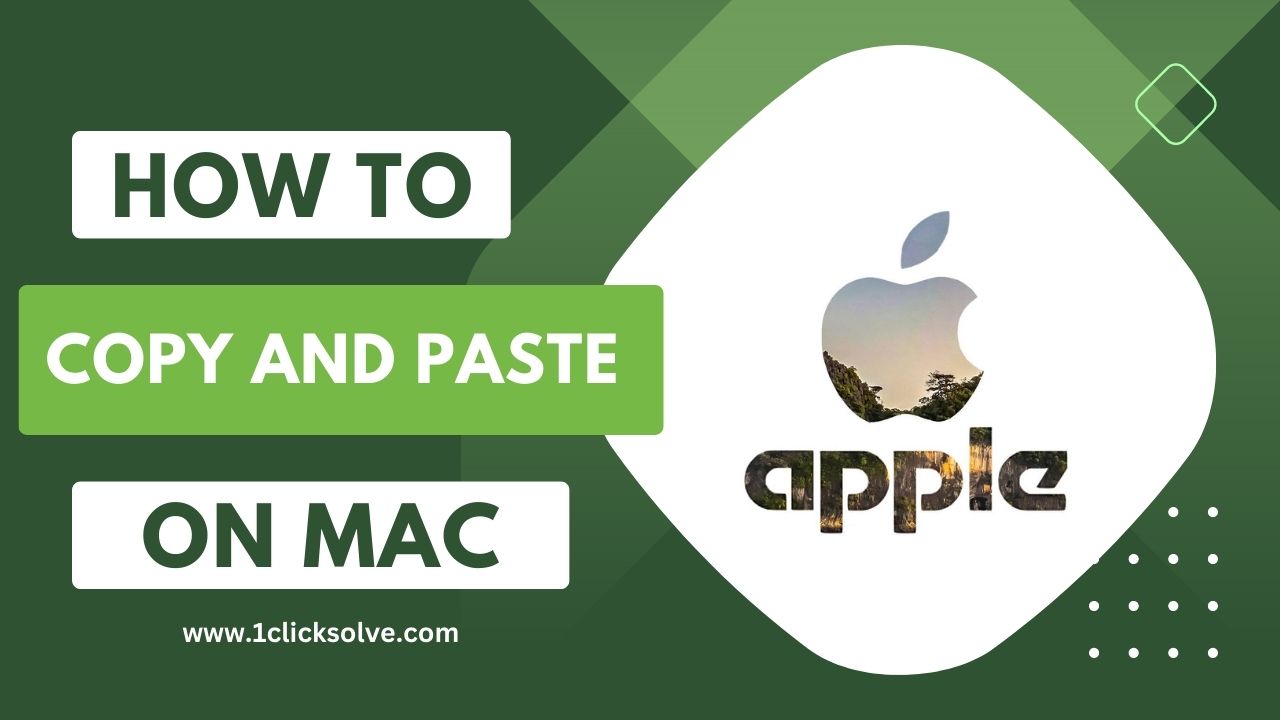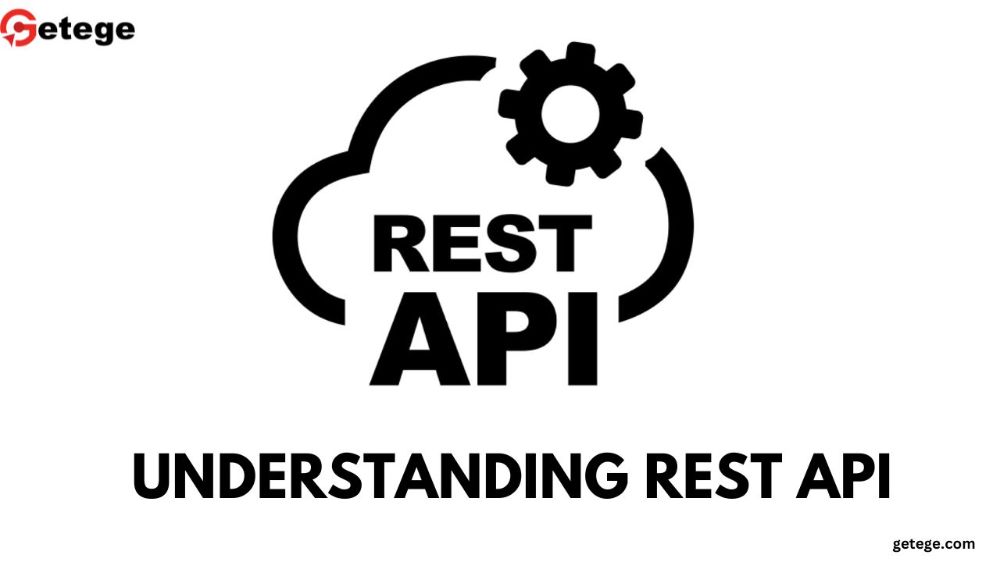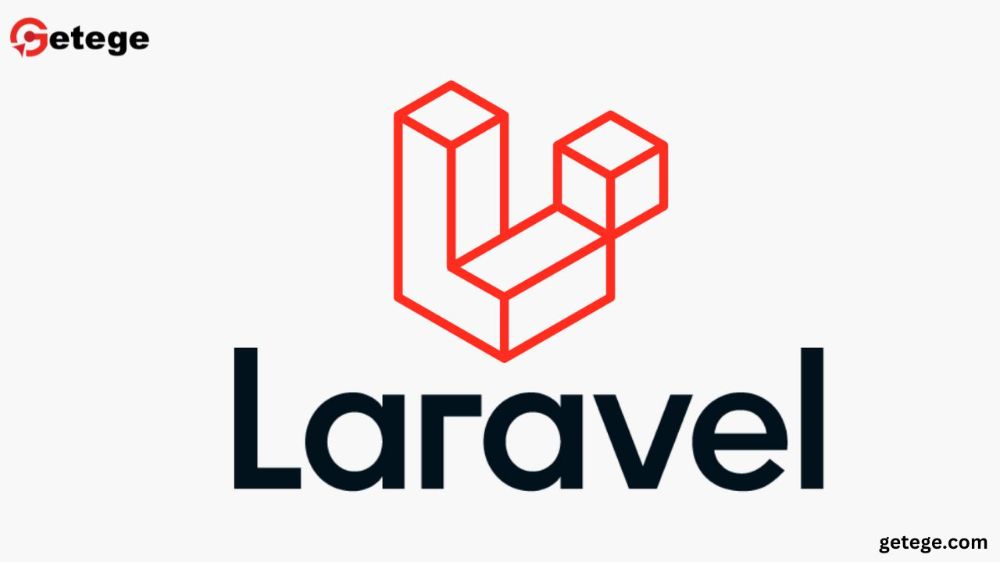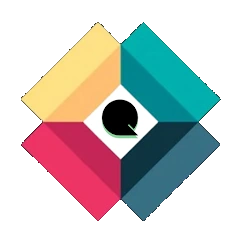Why Django is the Best Framework for Web Development
Web development has evolved rapidly over the past few years, with numerous frameworks offering developers different tools and environments to build dynamic, scalable websites. Among these, Django stands out as a top choice for developers seeking a robust, secure, and flexible framework. Django is a high-level Python web framework that encourages clean and efficient code writing. Built by experienced developers, Django takes care of much of the hassle of web development, letting developers focus on writing apps instead of reinventing the wheel. In this article, we will dive into why Django is one of the best frameworks available for modern web development, covering its features, scalability, and why it is trusted by companies like Instagram, Pinterest, and Mozilla.
Why Choose Django for Web Development?
1. Scalability
One of Django’s most significant advantages is its scalability. Whether you're building a small blog or a large-scale eCommerce website, Django is designed to scale easily with your project's growth. It is used by companies that deal with heavy traffic and complex data structures, proving that Django can handle even the most demanding applications.
2. Security
Django takes security seriously, making it one of the most secure frameworks available. It includes built-in protections against SQL injection, cross-site scripting (XSS), cross-site request forgery (CSRF), and clickjacking. This proactive approach to security helps ensure that your website remains safe from common vulnerabilities, giving both developers and users peace of mind.
3. Rapid Development
Django was designed to help developers take projects from concept to completion as quickly as possible. With its built-in admin panel, ORM (Object-Relational Mapping), and ready-to-use components like user authentication and session management, Django allows developers to build applications faster without compromising on quality.
4. DRY Philosophy
Django follows the Don’t Repeat Yourself (DRY) principle, which encourages developers to minimize repetition of code. This leads to cleaner, more maintainable projects that are easier to manage in the long run.
5. Versatile Template System
Django’s versatile template system allows developers to separate design from business logic. This separation makes it easier to update and manage the front end of a website without impacting the backend, leading to a more streamlined development process.
6. Rich Ecosystem and Community Support
Django has a vibrant community that continuously contributes to its ecosystem by developing plugins, libraries, and third-party tools. The availability of extensive documentation, tutorials, and community support makes it easy for developers—both beginners and experienced—to solve problems and find resources.
7. Built for Python
Django is built on Python, one of the most popular programming languages in the world. Python’s simplicity and readability complement Django’s design principles, making it easy for developers to learn and use. Python also has a vast library of packages that developers can leverage for everything from data analysis to machine learning.
Key Features of Django
1. ORM (Object-Relational Mapping)
Django’s ORM allows developers to interact with databases like MySQL, PostgreSQL, or SQLite without writing raw SQL queries. This streamlines data management and ensures compatibility with different database systems.
2. Built-in Admin Panel
Django provides a fully customizable admin panel out of the box. This feature allows developers to manage website content, users, and more without needing to build an admin interface from scratch.
3. URL Routing
Django’s powerful URL routing system makes it easy to map URLs to specific views in the application. This allows developers to create clean, readable URLs and handle complex URL structures with minimal effort.
4. Testing Framework
Django comes with a built-in testing framework that enables developers to write and run tests for their applications. Automated testing helps ensure that the code functions as expected, reducing the likelihood of bugs and performance issues.
5. Middleware
Django’s middleware is a lightweight plugin system that processes requests and responses. Middleware can be used for a variety of purposes, such as managing sessions, user authentication, and caching.
Conclusion
Django is a powerful and versatile web framework that offers developers all the tools they need to build robust, secure, and scalable websites. Whether you're a beginner just starting with web development or a seasoned developer looking for a framework that supports rapid development without sacrificing quality, Django is an excellent choice.
With its strong community, security features, and scalability, Django is capable of powering any web application, from simple blogs to complex, high-traffic websites. If you're considering a framework for your next project, Django should be at the top of your list.



